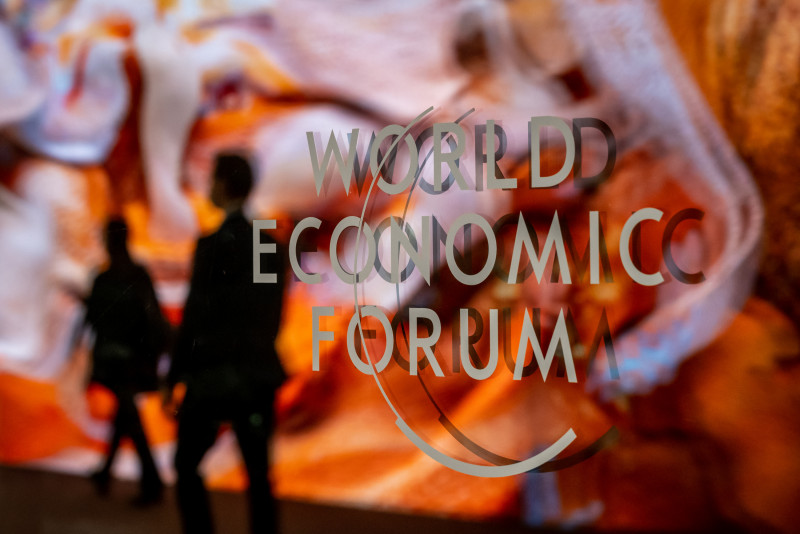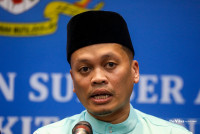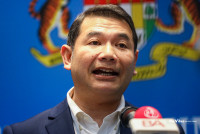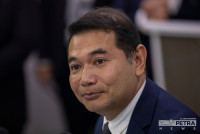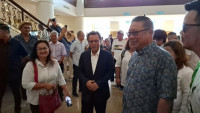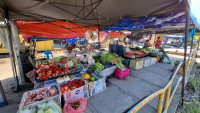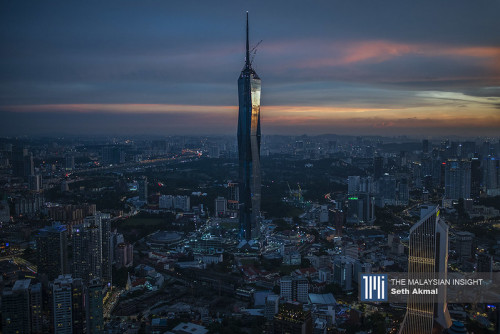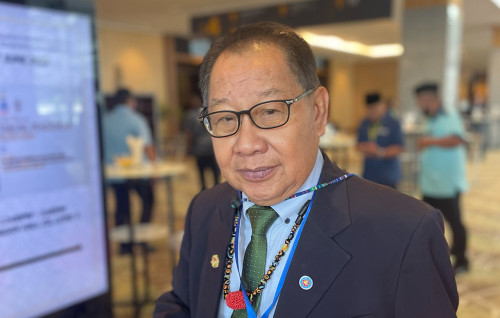KUALA LUMPUR – As Asean countries seek new pathways to make a transition in their energy systems and create tipping points in areas such as electromobility and the scaling of renewables or clean hydrogen, policy and collaboration are two key points for success.
World Economic Forum head of energy transition intelligence and regional acceleration Espen Mehlum said energy, climate, or economic policy incentives would set the pace, while net zero and green growth targets can help define a clear travel direction.
“These targets must then be translated into clear plans and policies that incentivise and de-risk investments. For instance, Malaysia’s National Energy Policy 2022-2040 positions energy as a key element of the country’s green growth strategy,” he said.
Mehlum said this in an article – How Asean can seize its energy opportunities – on the World Economic Forum website yesterday.
He noted that policy must adapt to national circumstances and that auctions to expand renewables are one example, while carbon pricing is another that can help reduce emissions.
“Some countries like Singapore have carbon pricing schemes in place, but carbon pricing is at a nascent stage in Asean,” he added.
Meanwhile, collaboration among stakeholders is also key. Important synergies can be unlocked between countries at the state level by developing cross-border energy infrastructure, shaping a 2025-2035 Asean Plan of Energy Cooperation, and (there is the benefit of) learning from each other, he said.
Mehlum said companies from across sectors need to collaborate and work with policymakers. Energy consumers must be included in any just and inclusive energy transition because they can play a vital role by adopting more energy-efficient behaviours.
To meet future energy demand in an affordable and secure manner while reducing emissions, the challenge Asean countries face is how to cut the energy intensity of economic growth and the carbon intensity of energy consumption and production, he said.
“This is not easy, but it is possible,” he added.
Mehlum said improving energy intensity means using less energy for every unit of economic output. This can be achieved in different ways, one of which is by promoting greater energy efficiency and building digital solutions such as smart grids into the energy system. – Bernama, May 17, 2023



